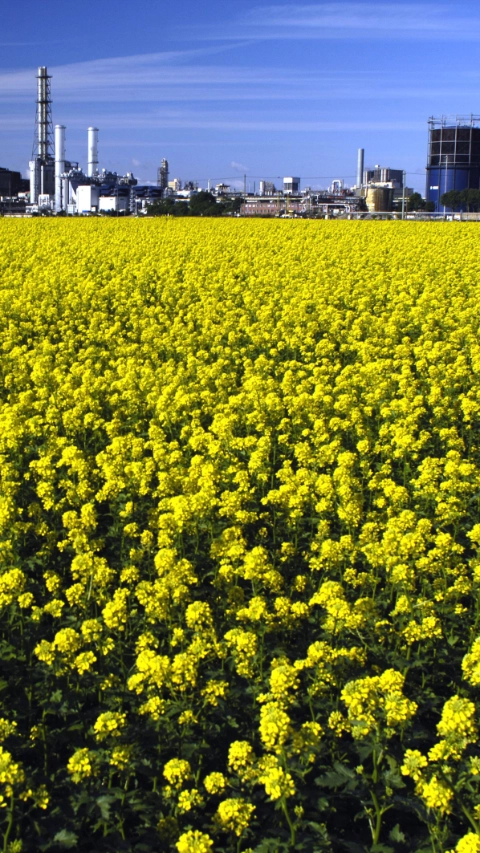Your advantages at a glance
- Customized products which are ready for use
- High activity
- High yield, low processing costs
- Water-free
- Easy to handle

Monomers
Over the last few years, biodiesel has become a real alternative to conventional fuels. For good reasons: it is environmentally friendly and can be sourced from renewable materials. The utilisation of biodiesel reduces the use of fossil fuels. Today's biodiesel satisfies engine manufacturers' call for high-quality, powerful and economic fuel.
Biodiesel is made from vegetable oils and animal fats. Catalysts are used to help turn these oils into biodiesel in chemical processes. BASF's high-quality sodium and potassium methylate are ideal for this job.
Sodium methylate is an efficient and reliable catalyst that provides a sustainable solution for the production and use of biodiesel, meeting the requirements of engine manufacturers for high-quality fuels and lower emissions. Sodium methylate supports higher yields and low preparation cost for biodiesel.
The use of sodium methylate is more common, whereas potassium methylate is used for the biodiesel production from special oils and fats. Both are produced at BASF's Ludwigshafen Verbund site. Sodium methylate is also produced in Guaratinguetá, Brazil.
BASF is a global supplyer for biodiesel producers.
Customers using BASF alcoholates can be sure of high-quality products, reliable service and logistics. A combination of global and local know-how ensures that our customers receive competent advice on site.
The transesterification process – this is how it works!
Both vegetable and animal oils can be used to manufacture biodiesel. While most of the fuels manufactured in Europe are based on rape seed oil, manufacturers in the US and Asia tend to use soy or palm oil. A chemical reaction known as transesterification, involving methanol and using catalysts, is needed to convert these oils into fuel.
Oils and fat molecules are always structured in the same way and comprise triglycerides, a compound of glycerol and three fatty acid molecules. During transesterification, the triglycerides are converted into biodiesel. The by-product, glycerol, is used in the pharmaceutical and cosmetics industries.
